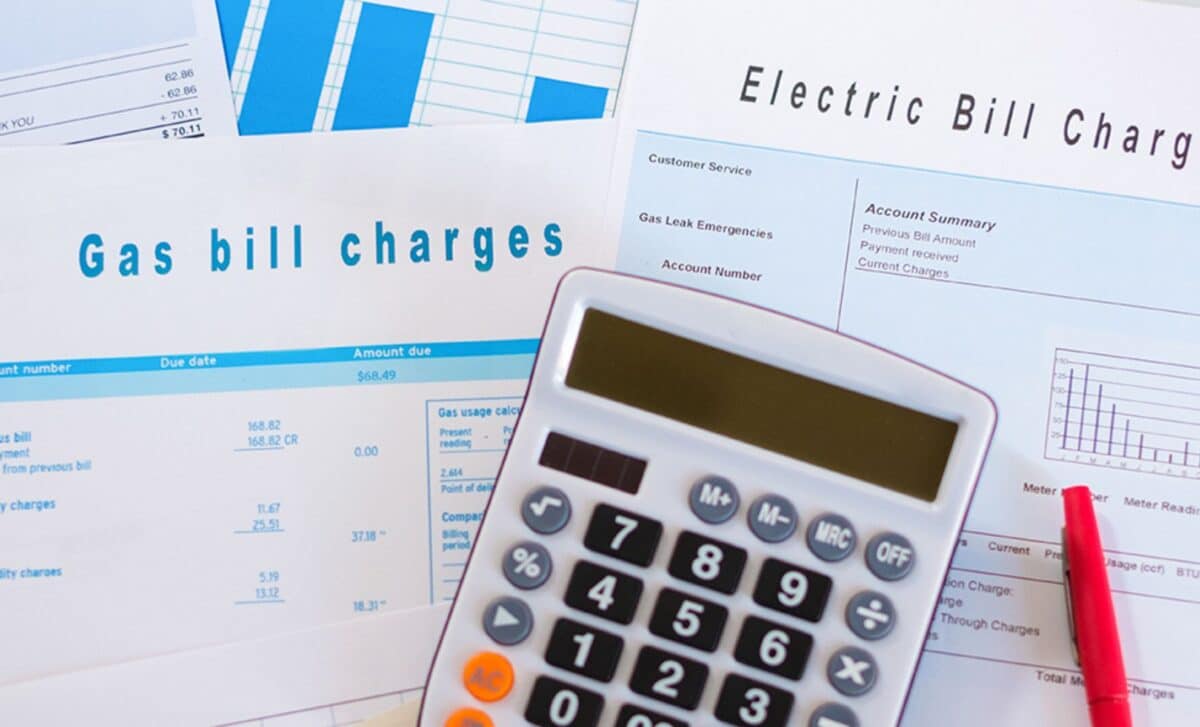The UK energy price cap is set to rise again in April, increasing the financial burden on millions of households. According to a forecast from Cornwall Insight, regulator Ofgem is expected to announce a 5% increase in the cap, adding approximately £85 per year to the average household’s energy bill. This change will bring the typical annual energy cost for households on a variable tariff to £1,823.
Price Cap Adjustments Driven by Wholesale Market Conditions
The energy price cap, introduced in 2019, is designed to limit the price that suppliers can charge per kilowatt hour (kWh) of electricity and gas. It does not cap total bills, which fluctuate based on usage.
Ofgem adjusts the cap every three months, primarily reflecting wholesale market prices. The regulator is set to confirm the new cap level for the period of April to June on February 25. While the latest increase is lower than the peak seen during the 2022 energy crisis, prices remain volatile, influenced by factors such as low gas storage levels in Europe and cold weather conditions.
Experts Warn of Long-Term Volatility
Dr Craig Lowrey, principal consultant at Cornwall Insight, highlighted that households have faced repeated price hikes, with this being the third consecutive increase. He warned that market volatility remains a significant challenge, reinforcing the need for greater investment in renewable energy.
“It might be tempting to look at rising bills and conclude that the push towards renewables is not working, but higher energy costs only reinforce the need to accelerate clean, reliable energy expansion in the UK,” he said. Without greater reliance on domestic energy sources, Britain remains exposed to global market fluctuations.
Calls for Increased Consumer Awareness
Consumer advocacy groups and industry experts stress the importance of choosing the right energy tariff. Richard Neudegg, director of regulation at Uswitch.com, advised customers to explore fixed-rate deals to avoid further price increases.
“Fixed deals protect consumers from price rises for twelve months or more. If you are on a standard tariff, you will face this increase in April,” he said. “There are better deals available now that could help households save money.”
Customers considering alternative energy price tariffs should also be cautious about exit fees, which could lock them into uncompetitive deals in the future. For those exploring tracker tariffs, which adjust prices based on wholesale energy costs, experts stress the importance of checking personal energy usage, unit rates, and standing charges to determine whether they offer genuine savings.
Campaign groups, including Warm This Winter and the End Fuel Poverty Coalition, continue to call for structural reforms in the energy sector. Caroline Simpson, a spokesperson for Warm This Winter, criticised the system, stating:
“It’s soul-destroying that there will be another price cap rise. Our bills are high, and the ones who benefit are greedy gas and oil companies making billions. That is why we desperately need to develop our own renewable energy sources as the only way to achieve lower prices and energy security for good.”
Simon Francis, coordinator of the End Fuel Poverty Coalition, urged consumers to take control of their bills by comparing tariffs carefully.
“Consumers need to navigate a confusing array of energy tariffs. The key point to remember is to use your own energy usage when comparing prices and not rely on industry averages, which may hide the true cost you will pay,” he said.
Government Stance on Energy Policy
A spokesperson for the Department for Energy Security and Net Zero acknowledged the financial strain on households, attributing high bills to the UK’s dependence on global gas markets.
“Every family and business has paid the price of rising energy bills, which are a direct result of Britain’s vulnerability to volatile global gas markets. By failing to invest at scale over many years in the clean, secure, homegrown power our country needs, we have been left exposed to the consequences of events beyond our borders.”
“The only way to bring down bills for good is by making Britain a clean energy superpower, ensuring energy security, protecting consumers, creating jobs, and tackling climate challenges,” the spokesperson added.
Maintaining stability in energy prices will require a shift towards greater self-sufficiency, reducing reliance on international gas markets and enhancing investment in renewable infrastructure.
This article has been republished from the following materials. Note : material may have been edited for length and content. For further information, please contact the cited source.









